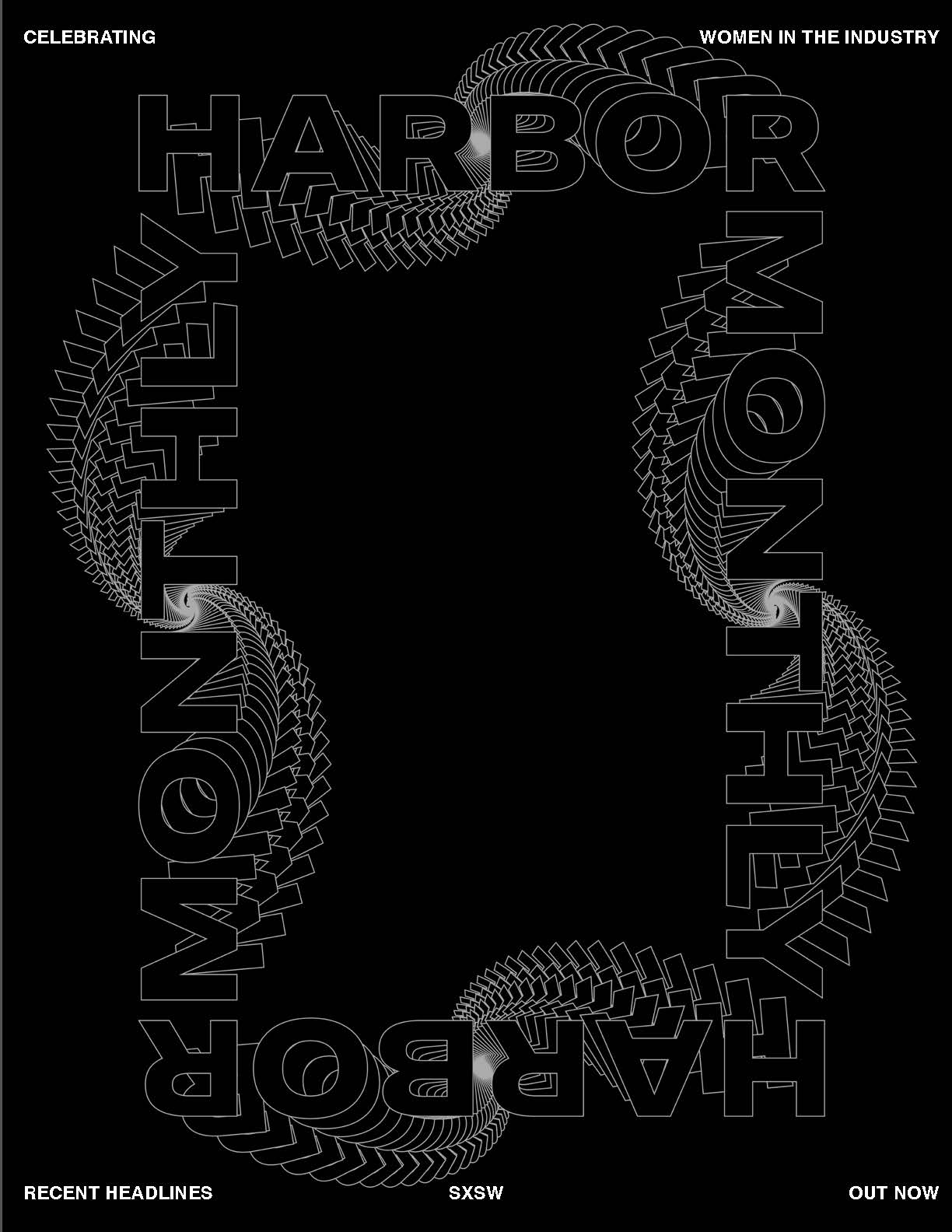Each February, we celebrate the achievements and the rich history of the Black experience in the form of Black History Month. Recently, there has been some debate regarding the usefulness of Black History Month. Some say it has outlived its purpose. Some even question why we discuss history through the lens of race. Others say the year’s shortest month is not enough.
Here’s what I say, celebrating Black History Month gives us the opportunity to pause and pay homage to Black stories that have helped to shape our country’s culture. One cannot tell the story of America without telling the stories of Black communities. The past often determines the present and the future. From the arts to education, inventions, community building, entrepreneurship, etc., Black people have played an influential role in shaping American society.
However, it is the retelling of Black stories that help to keep the Black experience alive. How else will we remember actress Hattie McDaniel receiving an Academy Award for Best Supporting Actress in 1940? Or how the moving writings of Gwendolyn Brooks was so powerful that she became the recipient of the Pulitzer Prize for poetry in 1950? How can we not pay homage to the many beautiful contributions of Black artistry during The Harlem Renaissance of the 1920s? An unforgettable era that birthed legends such as Duke Ellington, Billie Holiday, and Louis Armstrong. Musical influences we continue to hear embedded in the pop culture of today.
There is no debate. We should be honoring Black history all year long. Removing it from view does not make it disappear, as long as we keep talking about it and celebrating it. We must continue to do more of both of those things. Collectively and consciously celebrating Black History in our daily lives would allow us the opportunity to understand the impact of Black excellence. Black history is American history and must be part of every discussion and all learnings.
—Melissa Vilmenay

